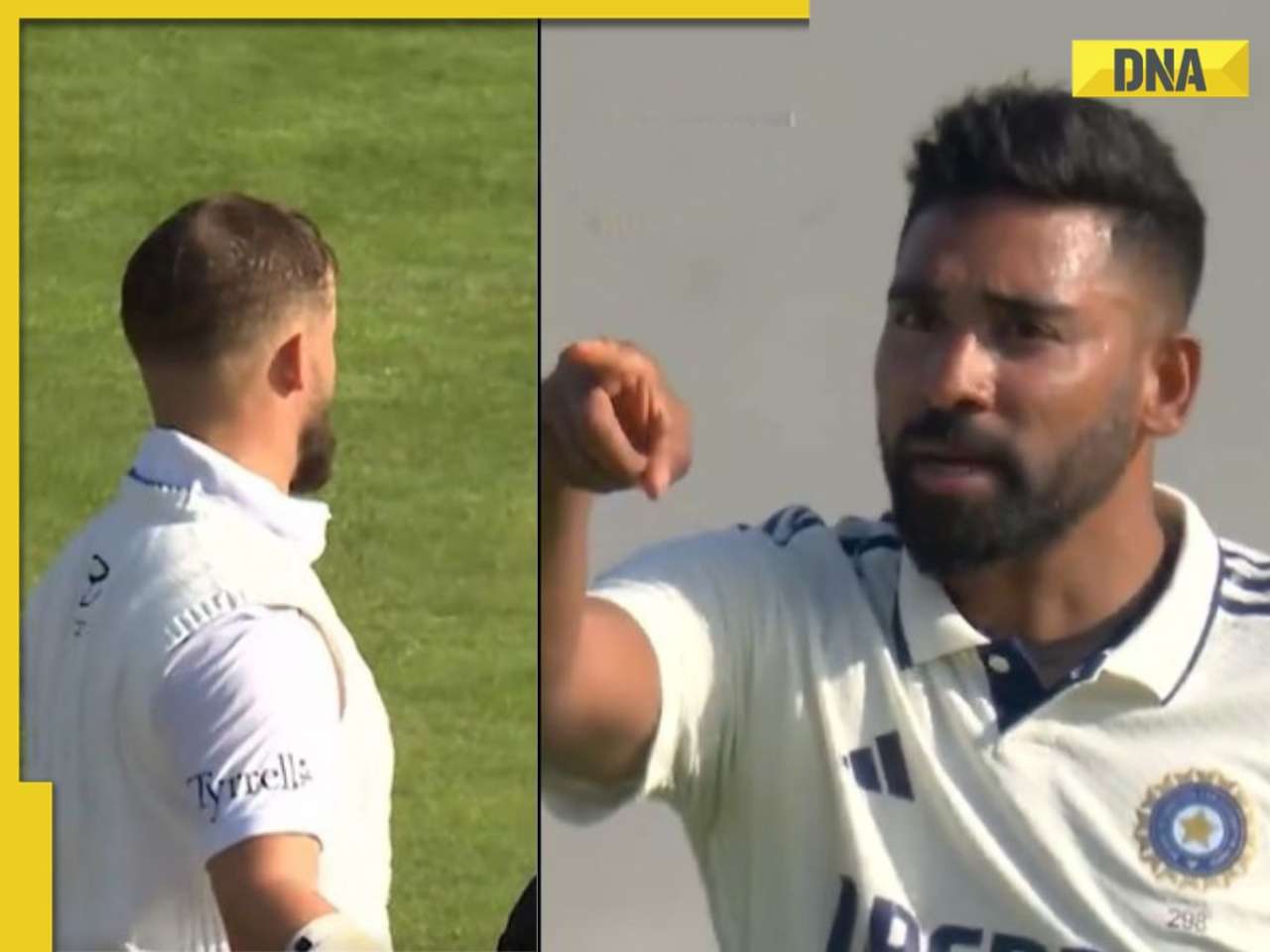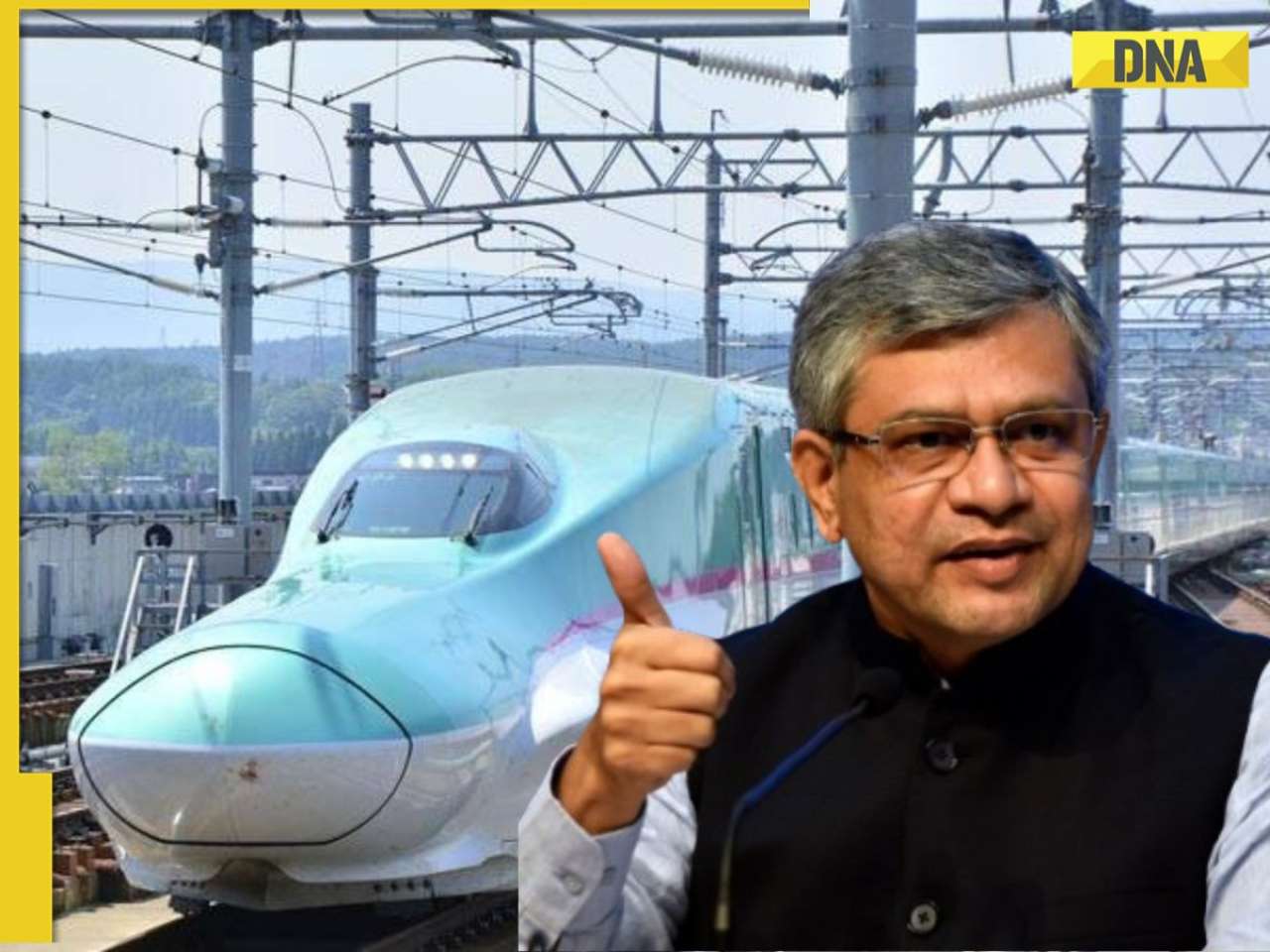The government says holding simultaneous elections would reduce expenditure.
The 129th Constitution Amendment Bill for One Nation, One Election was introduced in the Lok Sabha on Tuesday in the winter session of Parliament. Union Law Minister Arjun Ram Meghwal presented the proposal to introduce this bill and send it to the JPC. In the voting that followed, 269 votes were in favour and 198 against.
Why the Opposition is against One Nation, One Election
The protesting MPs say that this bill will eliminate regional parties.
The country is a Union of states but simultaneous elections will end the federal structure.
The Election Commission is being made more powerful.
Assembly elections will be held on the recommendation of the Election Commission.
One party system and dictatorship will be promoted in the country.
If elections are held once in 5 years, the government's accountability to the public will decrease.
Why Centre supports this bill
- Holding elections every year would have an impact on development plans
- Holding simultaneous elections would reduce expenditure
- People would find it easier to choose the government
- The problem of repeated imposition of a code of conduct would end
- Government employees would get relief from repeated election duty
One country, one election has happened in this country before. After independence, the first general elections were held in India in 1951-52, at that time, along with the Lok Sabha elections. Elections for the Legislative Assemblies of 22 states were also held. This entire process lasted for about 6 months. After this, in the elections of 1957, 1962 and 1967, Lok Sabha and state legislative assemblies were also held simultaneously.
However, at that time also separate elections were held in some states, after 1967 the Legislative Assemblies of some states were dissolved early and the President's rule was imposed there. Apart from this, in 1972, the Lok Sabha elections were held before time, due to which simultaneous elections of Lok Sabha and the Legislative Assembly stopped. In 1983, the Election Commission proposed holding simultaneous elections for the government of then Prime Minister Indira Gandhi. However, this proposal could not be implemented then.
One country, one election has happened in this country before. When simultaneous polls have been held since the Congress rule, then what is the problem in holding simultaneous elections again? If One Nation, One Election was constitutional during Nehru's era then how can it be unconstitutional now?
Find your daily dose of All
Latest News including
Sports News,
Entertainment News,
Lifestyle News, explainers & more. Stay updated, Stay informed-
Follow DNA on WhatsApp.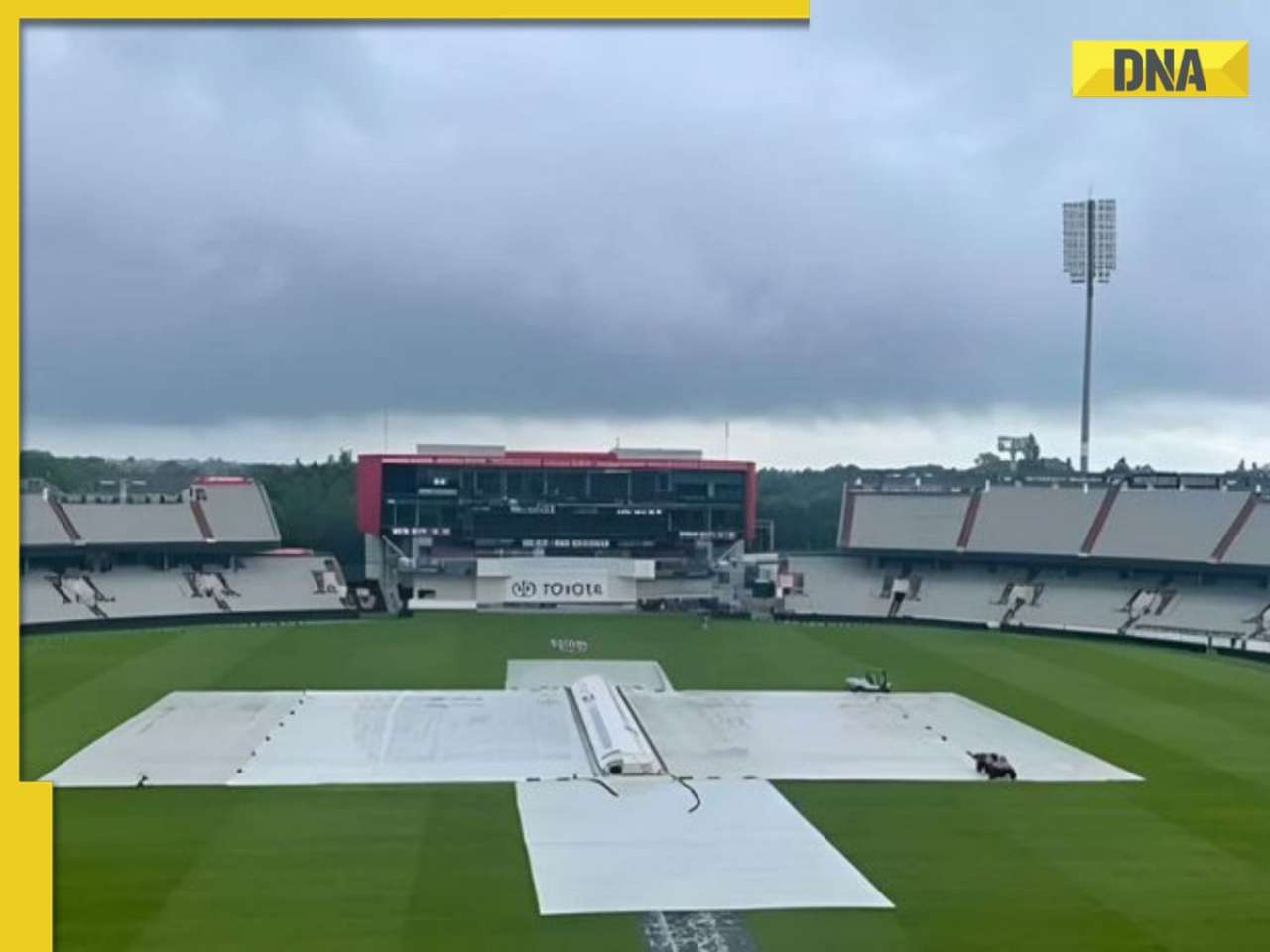 India vs England 4th Test: Will rain play spoilsport on Day 4 at Old Trafford? Check Manchester weather forecast here
India vs England 4th Test: Will rain play spoilsport on Day 4 at Old Trafford? Check Manchester weather forecast here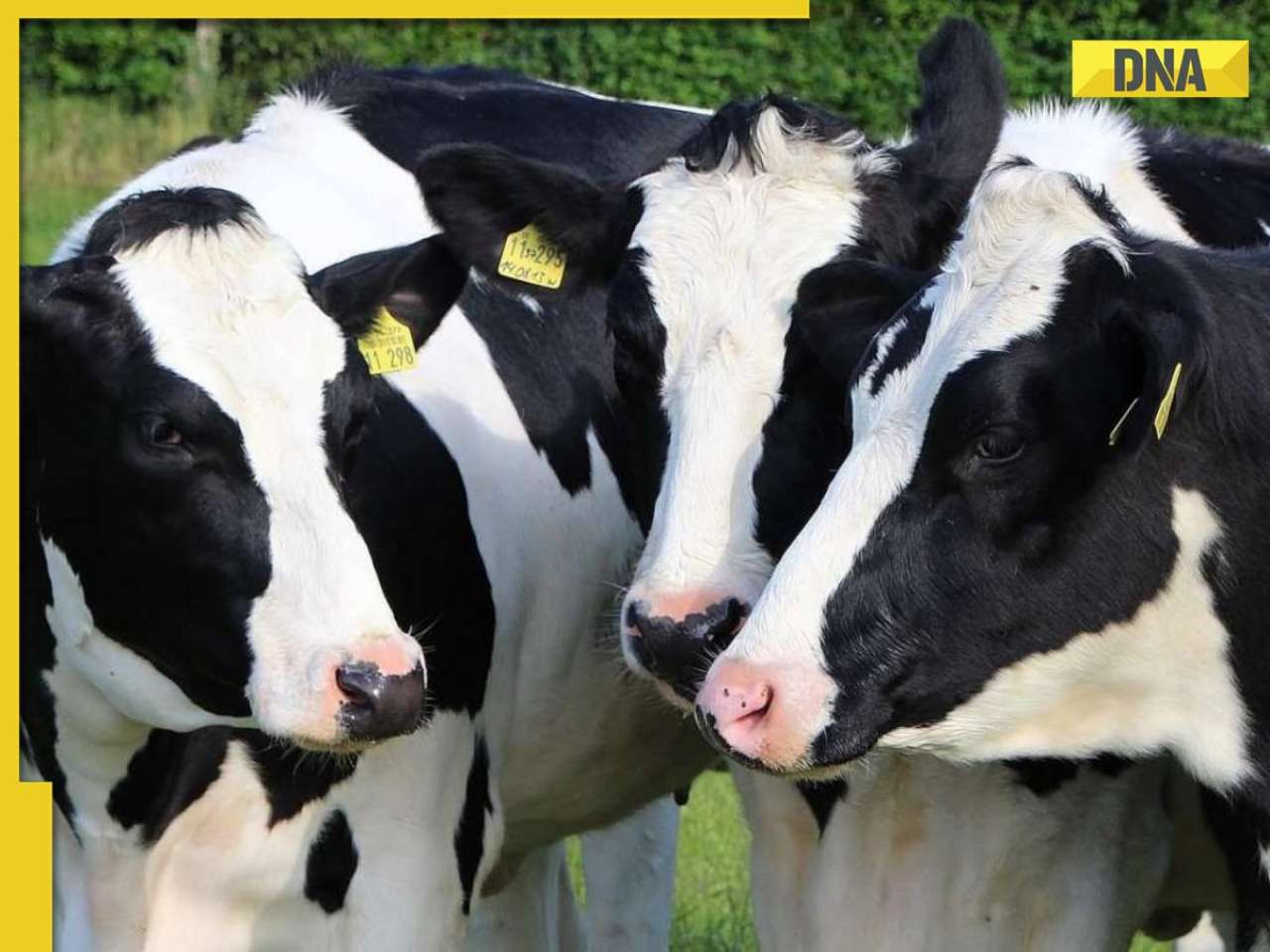 American beef is back in Australia after 20-years long ban lifted, US president Donald Trump says, 'will sell so much...'
American beef is back in Australia after 20-years long ban lifted, US president Donald Trump says, 'will sell so much...' 'Judiciary centre attacked': Eight killed in terror attack in Iran's Zahedan, here's what we know so far
'Judiciary centre attacked': Eight killed in terror attack in Iran's Zahedan, here's what we know so far War 2: Jr NTR earning Rs 12 crore more than Hrithik Roshan for YRF's action thriller, Kiara Advani charging less than half of both, their fees are...
War 2: Jr NTR earning Rs 12 crore more than Hrithik Roshan for YRF's action thriller, Kiara Advani charging less than half of both, their fees are... Swiggy, McDonald’s join hands, launch this high protein food from..., consumers can order by...
Swiggy, McDonald’s join hands, launch this high protein food from..., consumers can order by...  Other than heart attacks or BP : 7 hidden heart conditions triggered by oily foods
Other than heart attacks or BP : 7 hidden heart conditions triggered by oily foods 7 most captivating space images captured by NASA you need to see
7 most captivating space images captured by NASA you need to see AI-remagined famous Bollywood father-son duos will leave you in splits
AI-remagined famous Bollywood father-son duos will leave you in splits 7 superfoods that boost hair growth naturally
7 superfoods that boost hair growth naturally Confused between Forex and Credit cards for your international trip? Learn which saves more
Confused between Forex and Credit cards for your international trip? Learn which saves more Tata Harrier EV Review | Most Advanced Electric SUV from Tata?
Tata Harrier EV Review | Most Advanced Electric SUV from Tata? Vida VX2 Plus Electric Scooter Review: Range, Power & Real-World Ride Tested!
Vida VX2 Plus Electric Scooter Review: Range, Power & Real-World Ride Tested!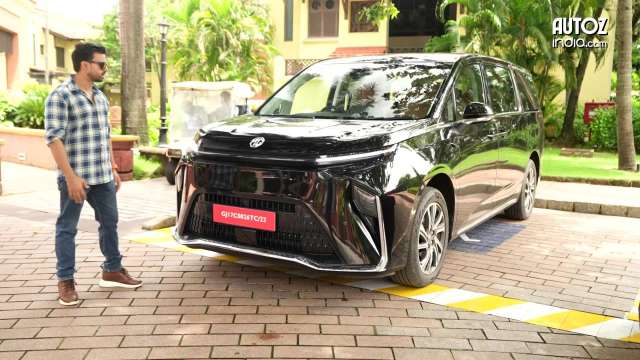 MG M9 Electric Review | Luxury EV with Jet-Style Rear Seats! Pros & Cons
MG M9 Electric Review | Luxury EV with Jet-Style Rear Seats! Pros & Cons Iphone Fold: Apple’s iPhone Fold Could Solve Samsung’s Biggest Foldable Problem | Samsung Z Fold 7
Iphone Fold: Apple’s iPhone Fold Could Solve Samsung’s Biggest Foldable Problem | Samsung Z Fold 7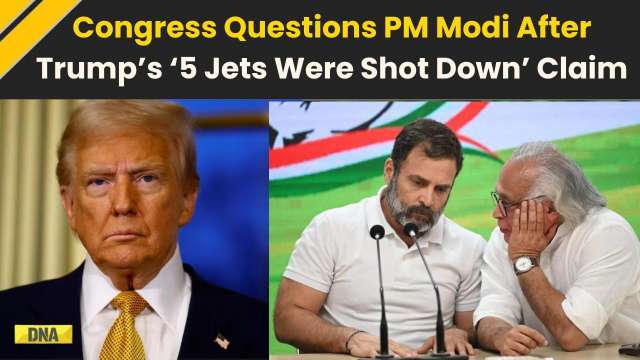 Trump News: Congress Seeks Answers On Trump's Alleged Mediation In Operation Sindoor
Trump News: Congress Seeks Answers On Trump's Alleged Mediation In Operation Sindoor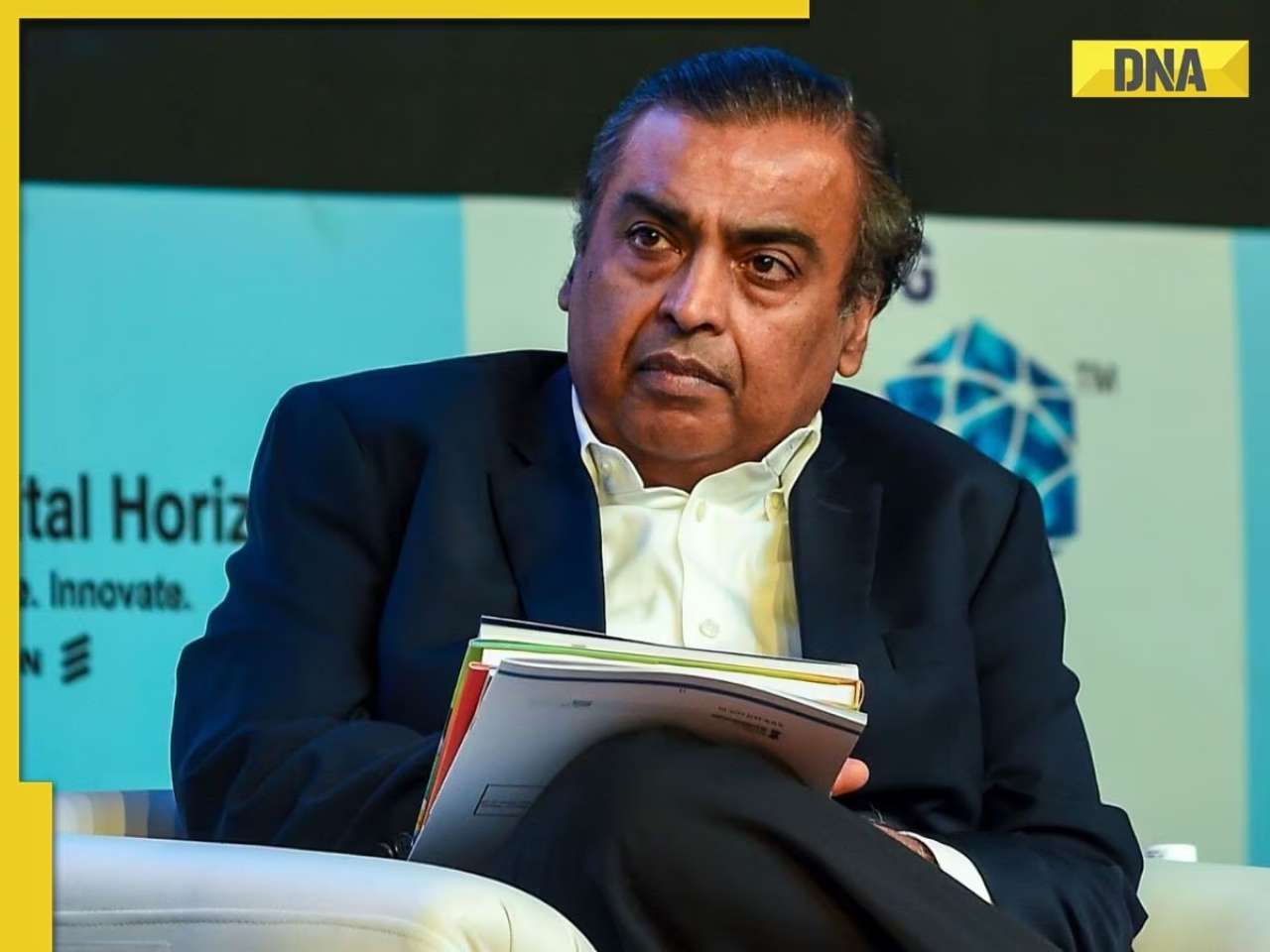 This man becomes world's highest-earning billionaire in 2025, beats Elon Musk and Jeff Bezos, Mukesh Ambani is at...
This man becomes world's highest-earning billionaire in 2025, beats Elon Musk and Jeff Bezos, Mukesh Ambani is at...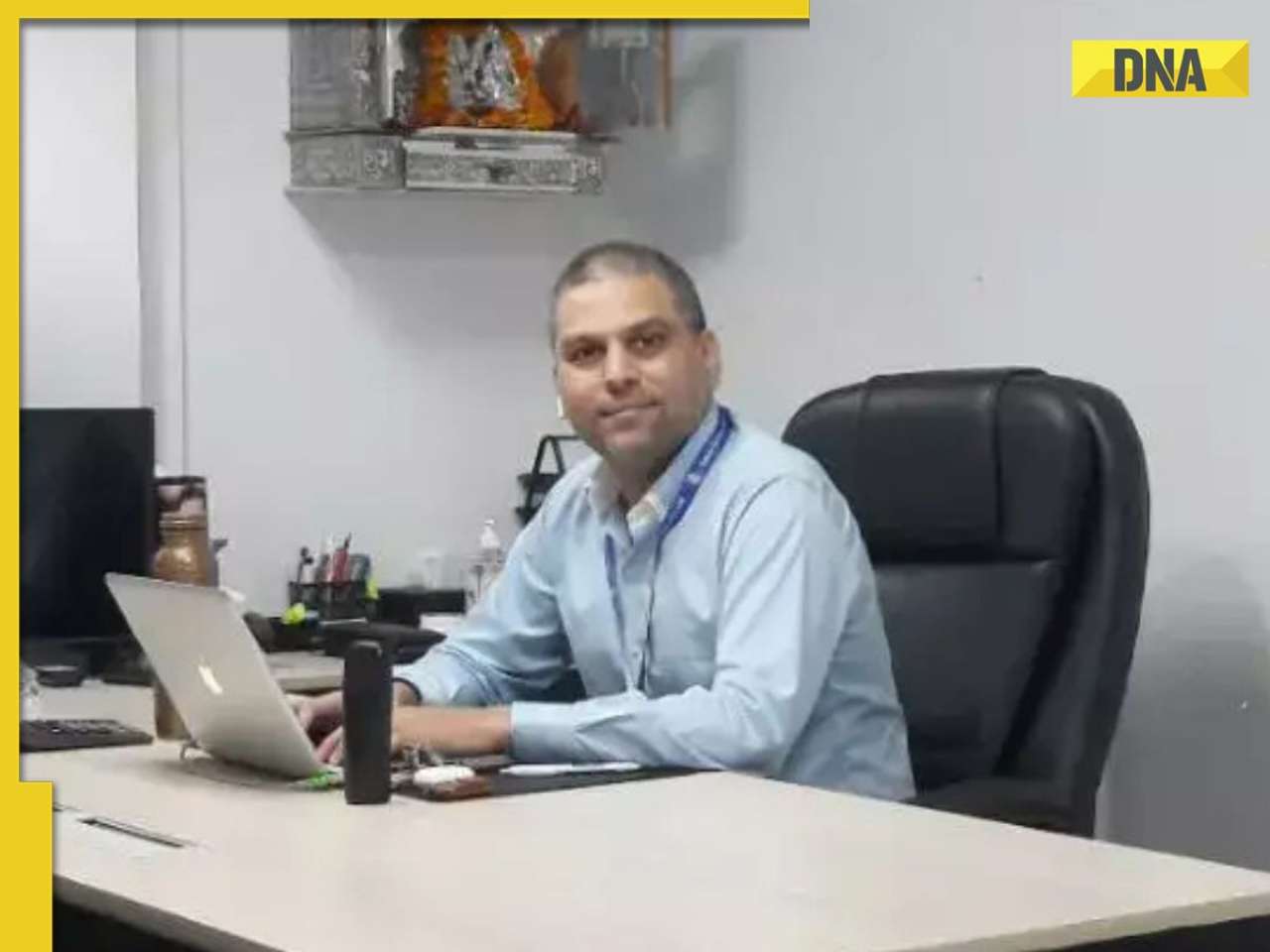 Meet man who built Rs 200,000,000 empire after two failed ventures, his business is..., net worth is Rs...
Meet man who built Rs 200,000,000 empire after two failed ventures, his business is..., net worth is Rs...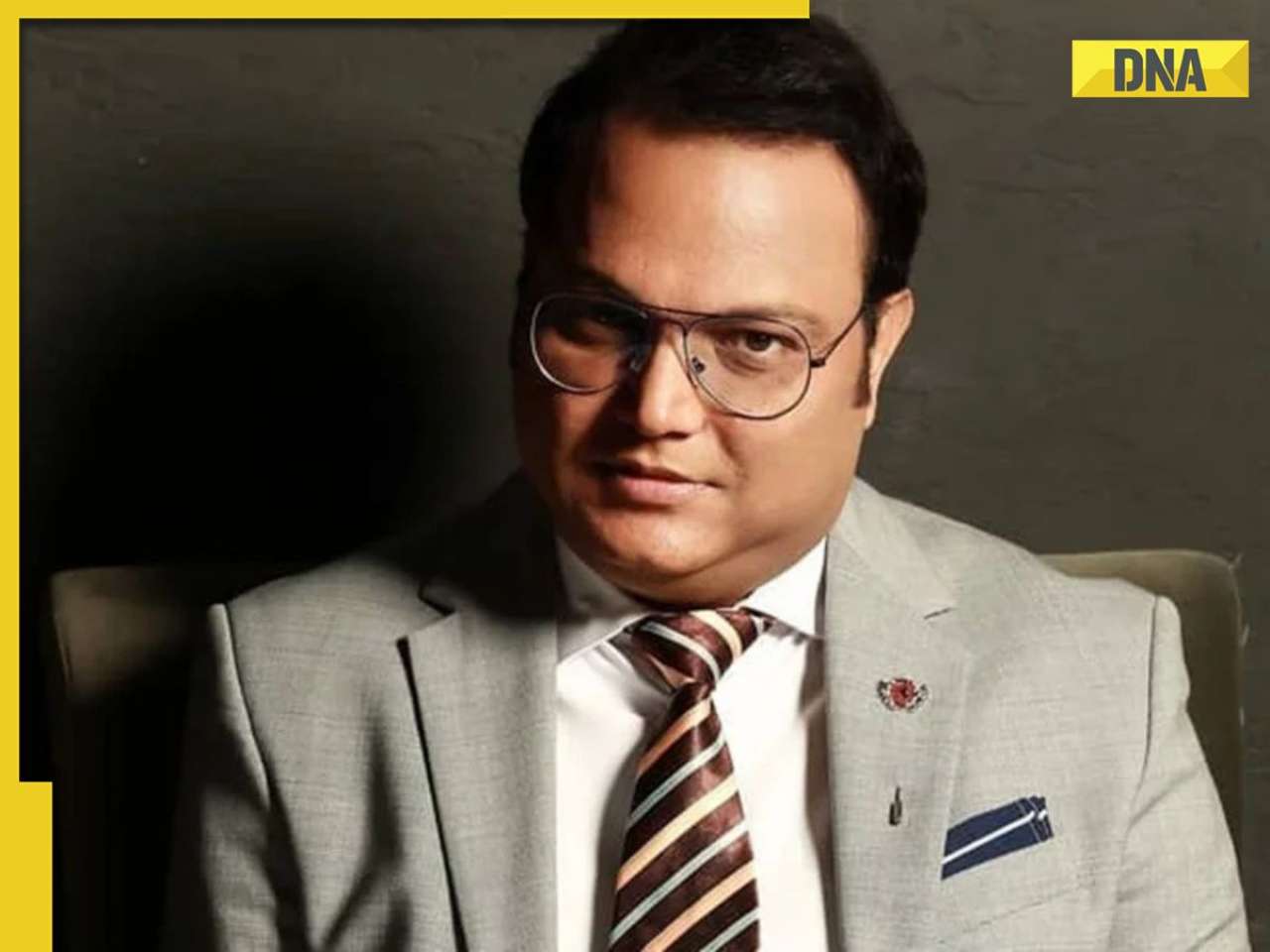 Meet man, founder of app under govt lens, also owns Rs 1000000000 business, he is..., his educational qualification is...
Meet man, founder of app under govt lens, also owns Rs 1000000000 business, he is..., his educational qualification is...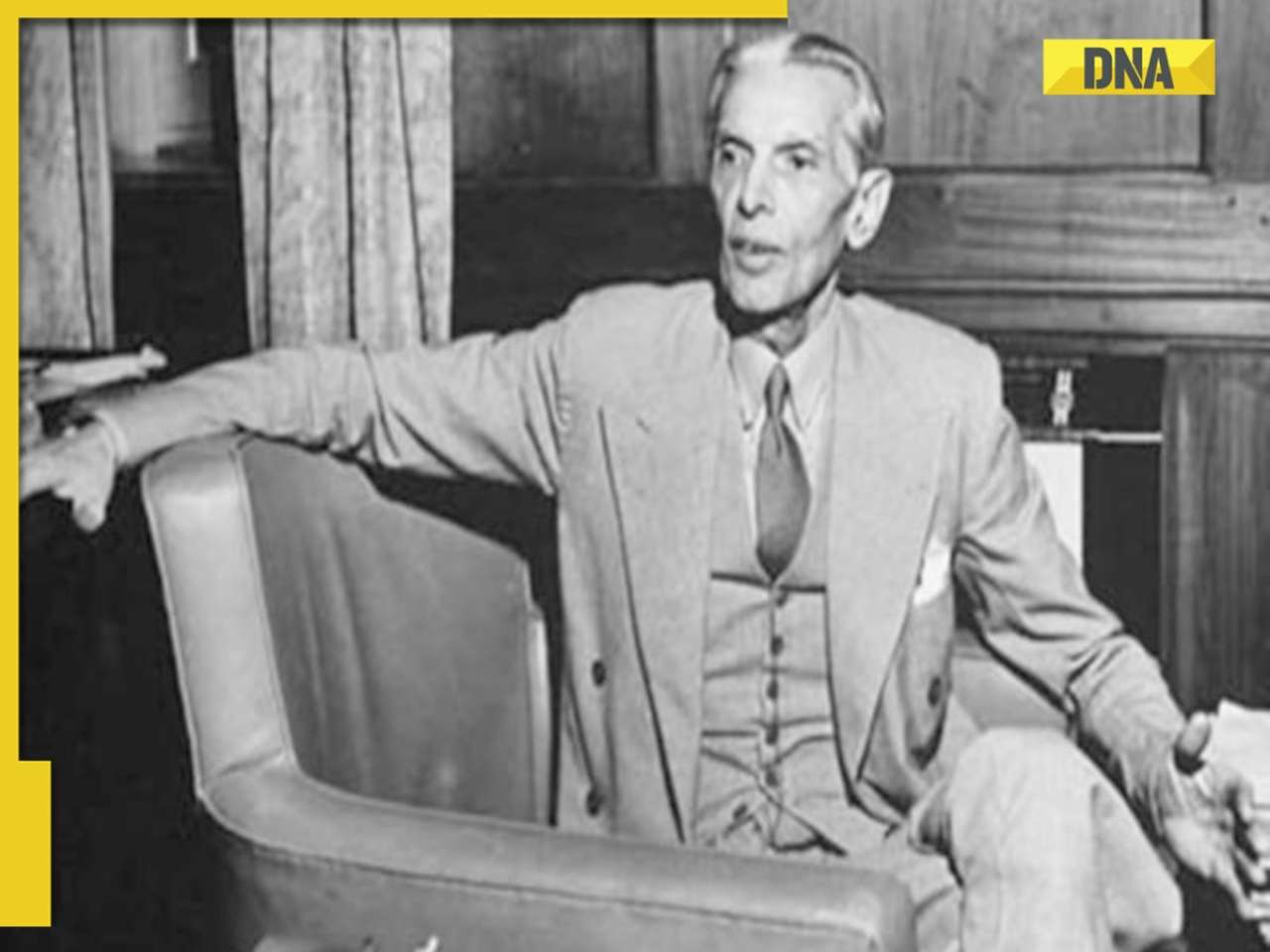 Jinnah wanted THIS Muslim man to be first Finance Minister of Pakistan, he refused, his son is on Forbes list of billionaires
Jinnah wanted THIS Muslim man to be first Finance Minister of Pakistan, he refused, his son is on Forbes list of billionaires After India-UK FTA, New Delhi to begin talks with THIS country, because...
After India-UK FTA, New Delhi to begin talks with THIS country, because... Inside Ahaan Panday’s academic journey before his Bollywood debut in Saiyaara
Inside Ahaan Panday’s academic journey before his Bollywood debut in Saiyaara From Alia Bhatt to Anushka Sharma: 5 Bollywood moms who are redefining style
From Alia Bhatt to Anushka Sharma: 5 Bollywood moms who are redefining style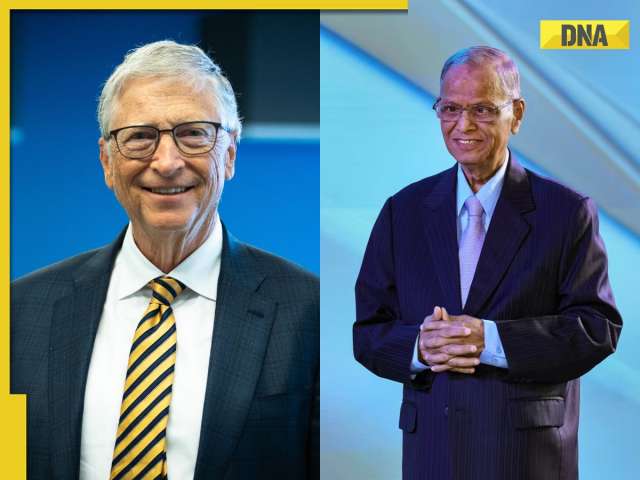 Want to think like a billionaire? Try these 5 habits followed by Bill Gates, Narayana Murthy and others
Want to think like a billionaire? Try these 5 habits followed by Bill Gates, Narayana Murthy and others In Pics: Tara Sutaria brings fairytale magic to ramp in a shimmering golden gown at ICW 2025
In Pics: Tara Sutaria brings fairytale magic to ramp in a shimmering golden gown at ICW 2025 From Love in the Moonlight to Moon Embracing the Sun: 7 must-watch K-dramas
From Love in the Moonlight to Moon Embracing the Sun: 7 must-watch K-dramas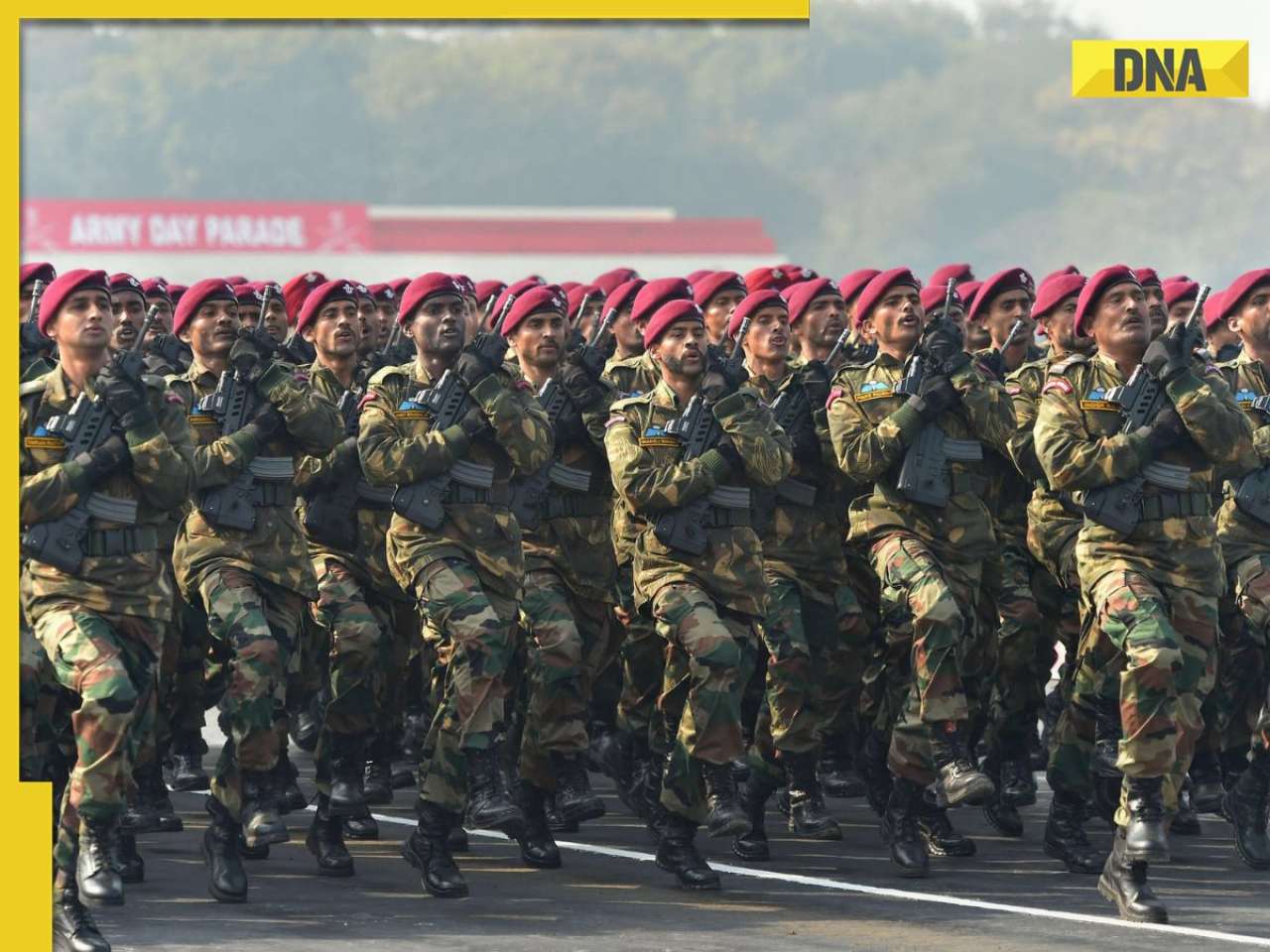 Indian Army to transform into ‘future oriented force’, chief announces new all-arms brigades called..., it is equipped with...,know details inside
Indian Army to transform into ‘future oriented force’, chief announces new all-arms brigades called..., it is equipped with...,know details inside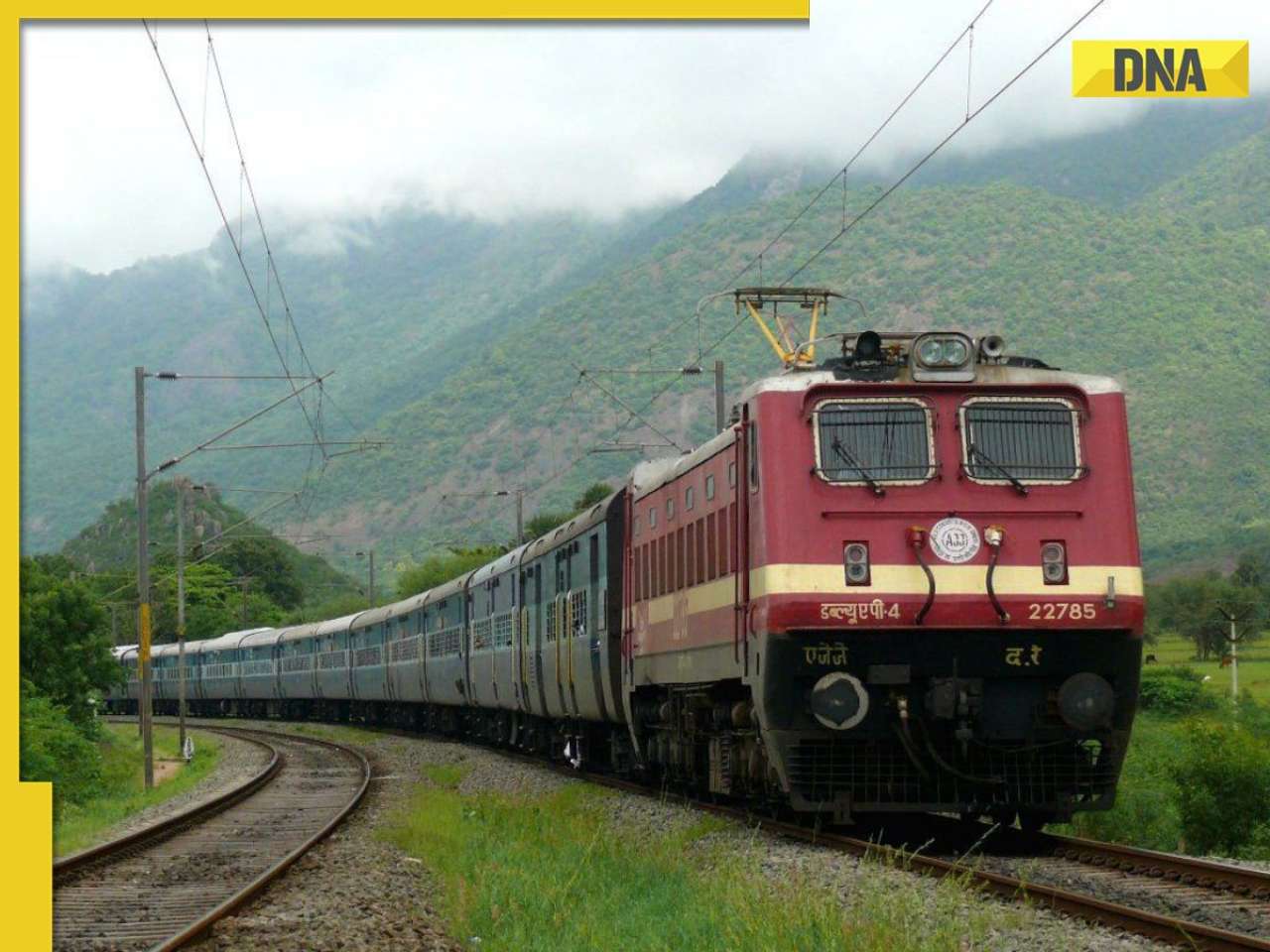 Good news for Railway passengers! Indian Railways rolls out new ticket booking rules for...
Good news for Railway passengers! Indian Railways rolls out new ticket booking rules for... BIG Update on Noida's Jewar International Airport Expansion: 4600 families, 7 schools affected as government to acquire...
BIG Update on Noida's Jewar International Airport Expansion: 4600 families, 7 schools affected as government to acquire... Kargil War Diwas: What is Operation Safed Sagar? When India dominated Pakistan with its air power during Kargil War on May 26
Kargil War Diwas: What is Operation Safed Sagar? When India dominated Pakistan with its air power during Kargil War on May 26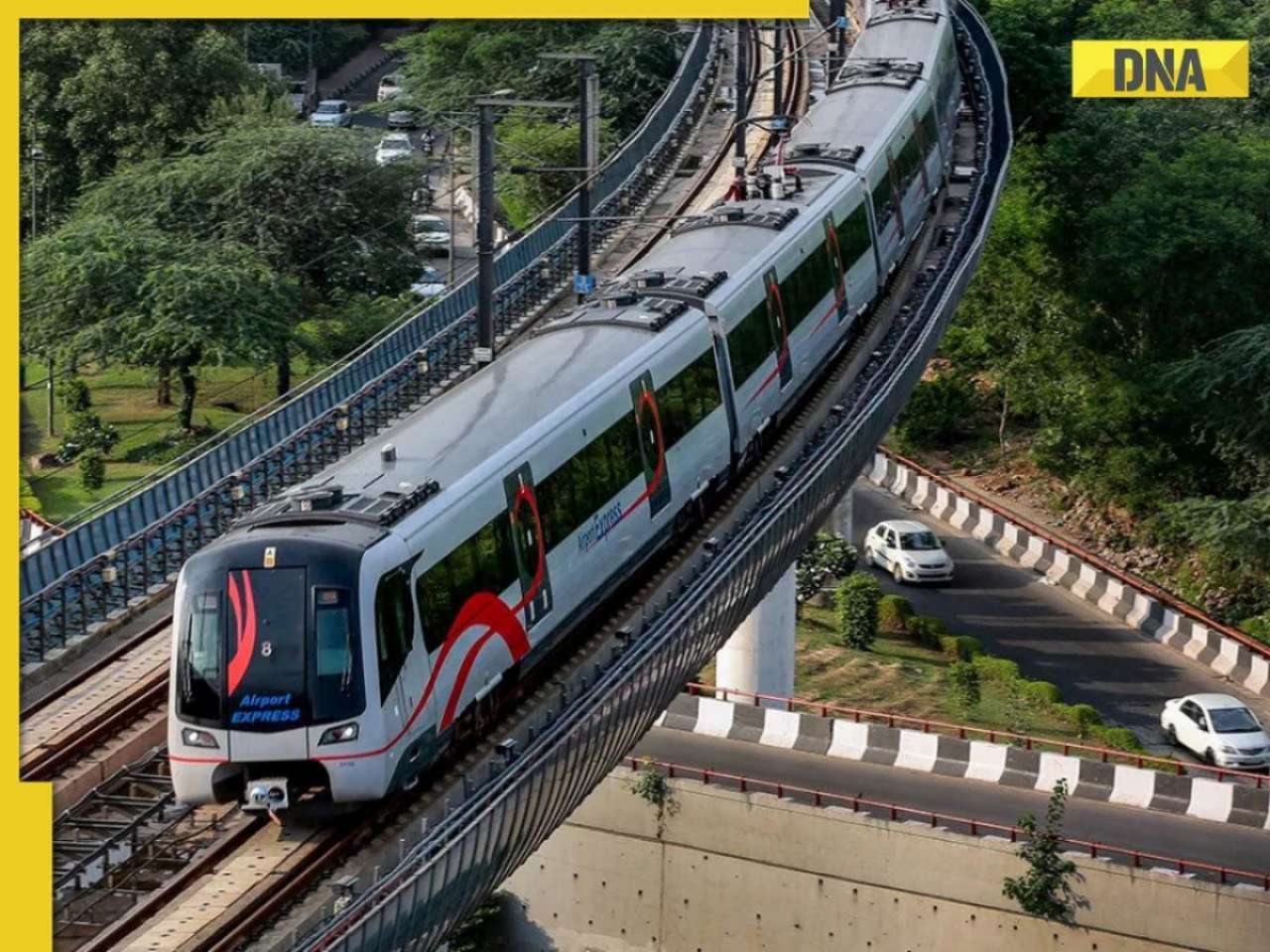 Big Boost for Ghaziabad: DMRC plans 4 metro corridors, Gokulpuri-Hindon Airport link proposed
Big Boost for Ghaziabad: DMRC plans 4 metro corridors, Gokulpuri-Hindon Airport link proposed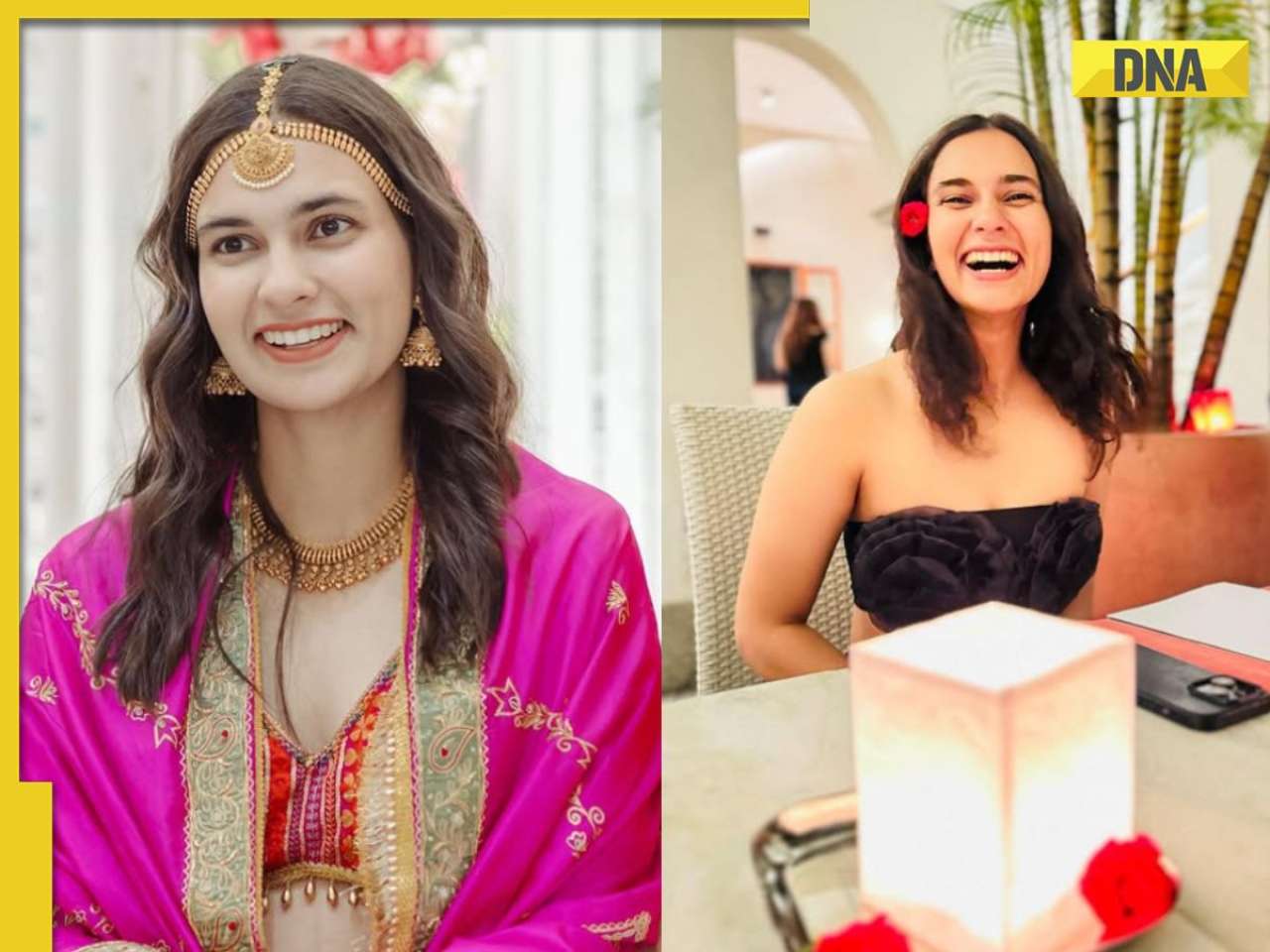 Meet IPS officer, DU grad, who cracked UPSC exam in her third attempt, secured 992 out of 2025 marks with AIR..., now married to IAS...
Meet IPS officer, DU grad, who cracked UPSC exam in her third attempt, secured 992 out of 2025 marks with AIR..., now married to IAS...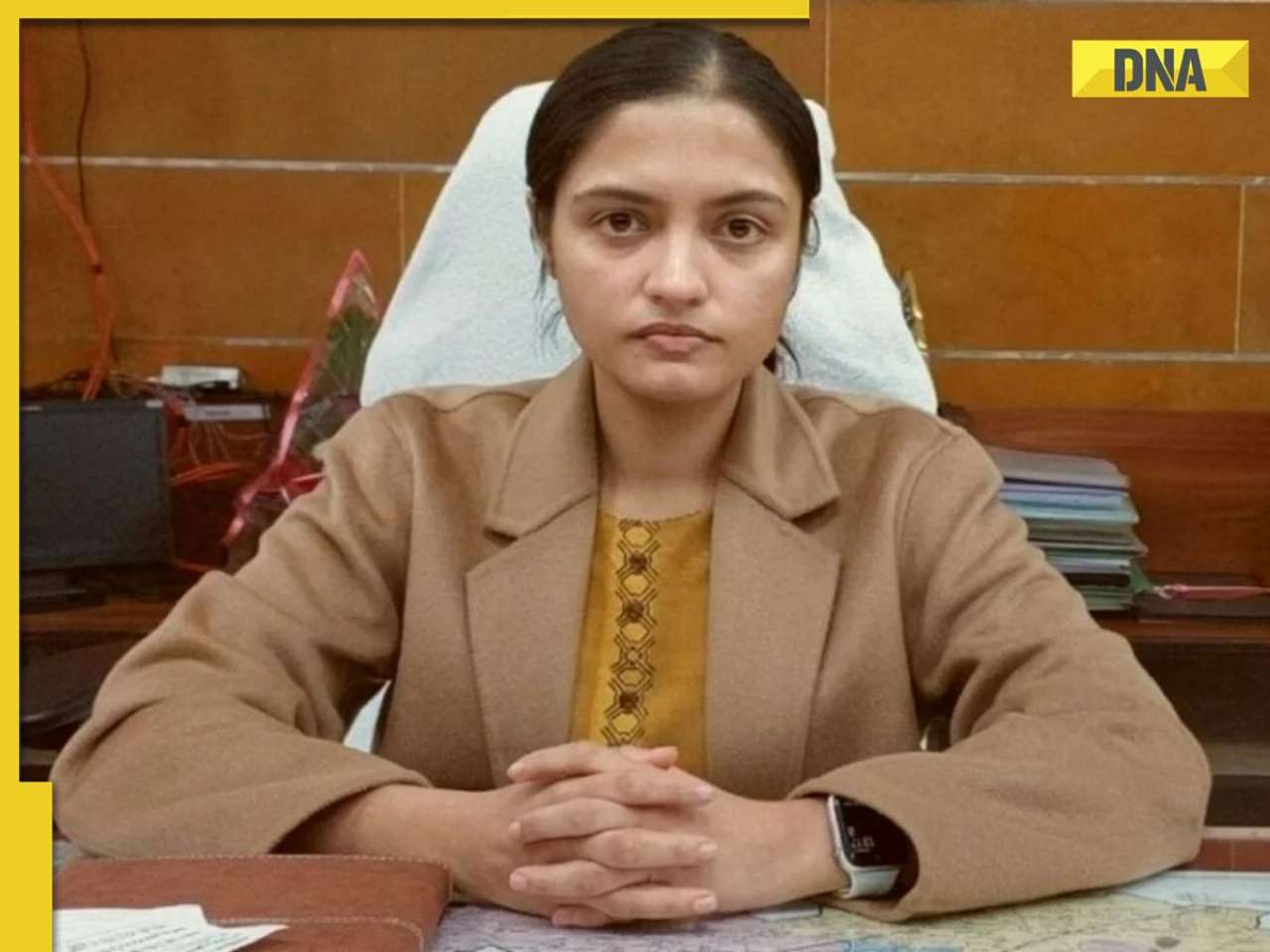 Meet woman, who studied MBBS, later cracked UPSC with AIR..., became popular IAS officer for these reasons, shares similarities with IAS Tina Dabi, she is from...
Meet woman, who studied MBBS, later cracked UPSC with AIR..., became popular IAS officer for these reasons, shares similarities with IAS Tina Dabi, she is from...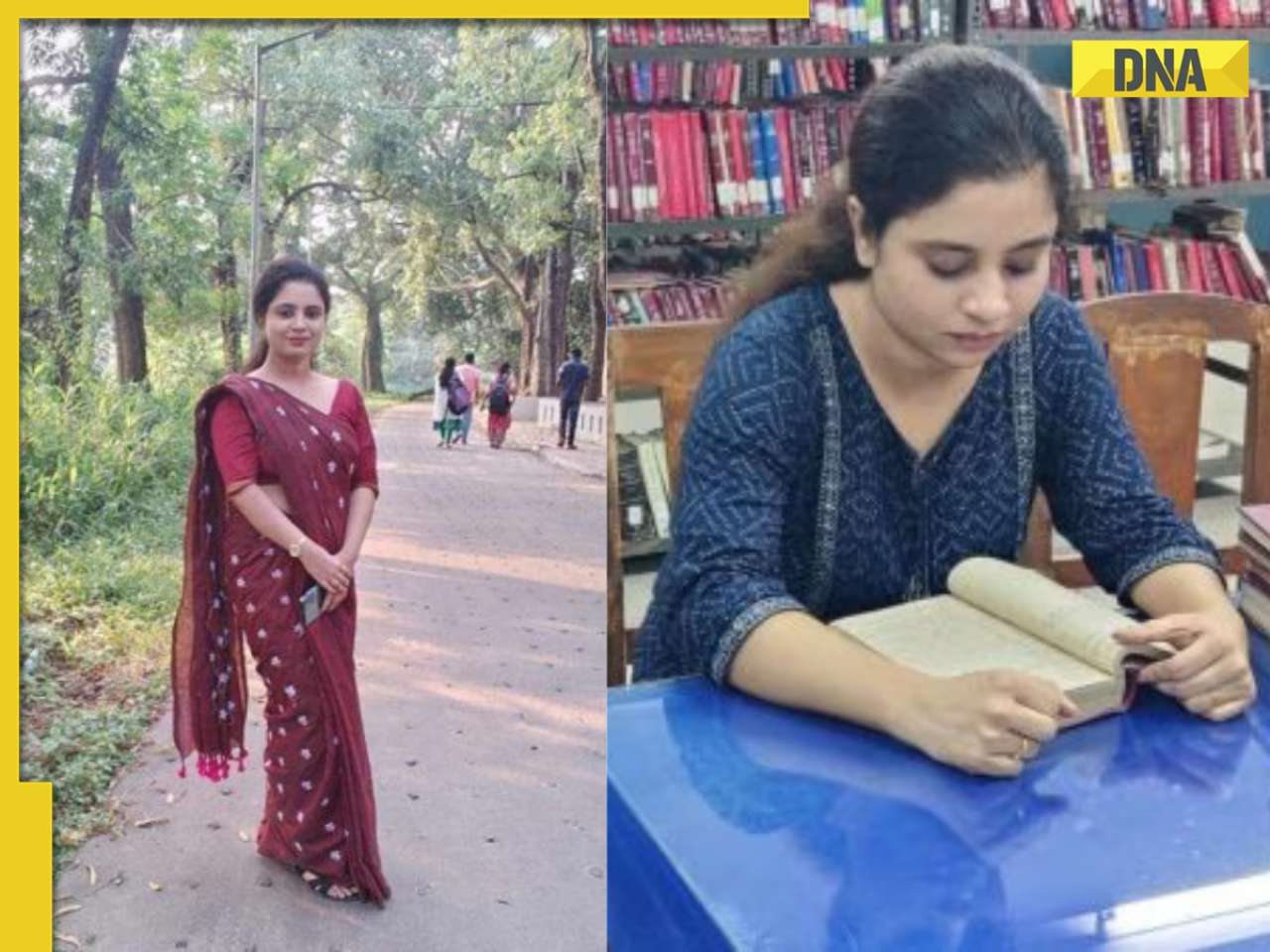 Meet Nilufa Yasmine, who topped UGC NET June exam, failed twice before scoring a perfect 100, she is from...
Meet Nilufa Yasmine, who topped UGC NET June exam, failed twice before scoring a perfect 100, she is from... Meet woman, daughter of vegetable vendor who cracked UPSC, her mother mortgaged gold for her education, her AIR is…
Meet woman, daughter of vegetable vendor who cracked UPSC, her mother mortgaged gold for her education, her AIR is… Meet woman, who cracked IIT with full-time job, secured impressive AIR of...; now works at Bill Gates' Microsoft as...
Meet woman, who cracked IIT with full-time job, secured impressive AIR of...; now works at Bill Gates' Microsoft as... Maruti Suzuki's e Vitara set to debut electric market at Rs..., with range of over 500 km, to launch on...
Maruti Suzuki's e Vitara set to debut electric market at Rs..., with range of over 500 km, to launch on... This is world’s most expensive wood, cost of 1kg wood is more than gold, its name is..., is found in...
This is world’s most expensive wood, cost of 1kg wood is more than gold, its name is..., is found in... This luxury car is first choice of Indians, even left BMW, Jaguar, Audi behind in sales, it is...
This luxury car is first choice of Indians, even left BMW, Jaguar, Audi behind in sales, it is... Kia India unveils Carens Clavis: Check features, design changes, price and more; bookings open on...
Kia India unveils Carens Clavis: Check features, design changes, price and more; bookings open on... Tesla CEO Elon Musk launches most affordable Cybertruck, but it costs Rs 830000 more than older version, it is worth Rs...
Tesla CEO Elon Musk launches most affordable Cybertruck, but it costs Rs 830000 more than older version, it is worth Rs...





)
)
)
)
)
)
)
)
)
)
)
)
)
)
)
)
